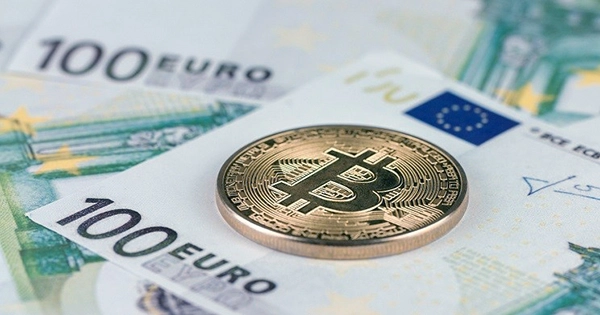As of 2021, over 106 million individuals throughout the world own bitcoin, and that number is only expected to rise as digital assets become more common. With the rise in popularity of cryptocurrencies, more individuals are likely to ask what happens to their cryptocurrency holdings when they pass away. There may also be considerable interest among the living as to whether it is feasible to inherit bitcoin from a deceased relative.
But first, a warning! This is not a financial recommendation. Please seek competent financial and legal counsel to fully comprehend the dangers. This material is provided for educational purposes only; it should not be construed as legal, tax, investment, financial, or other advice. Is that clear? Ok…
CAN YOU GET CRYPTOCURRENCY FROM YOUR FAMILY? EVEN IF YOU DON’T HAVE A PRIVATE KEY? It’s critical to have the private key if you want to inherit crypto from a deceased person’s wallet, whether it’s an offline (cold) or online (hot) wallet. In a nutshell, the private key functions similarly to a password: it’s a cryptographically created code that allows you to access your crypto. There’s also a “seed phrase,” which is a human-readable version of a private key made up of 12, 18, or 24 words created by your cryptocurrency wallet and contains all of the information needed to retrieve cryptocurrency cash.

A deceased person’s cryptocurrency will be unavailable without the key or seed phrase, and will be lost on the blockchain. However, much like a password, you shouldn’t reveal your private key or seed phrase to anybody unless you want them to have complete access to your portfolio. You may have heard of Gerald Cotten, a cryptocurrency trader who died unexpectedly at the age of 30, leaving up to US$190 million in his clients’ crypto locked in inaccessible offline wallets.
Owners of crypto assets who die without a Will or a private key may leave their beneficiaries in a similar situation, preventing them from accessing the cryptocurrency. CAN YOU GET ACCESS TO THE COIN EXCHANGE ACCOUNT OF A DECEASED FAMILY MEMBER? Things may be a little easier if the cryptocurrency is stored in a coin exchange rather than a wallet (if not less secure).
You don’t truly control your private keys if you keep your crypto on an internet-based coin exchange like Binance or Coinbase. When you receive the account of a deceased individual, you are basically relying on that firm to pass you the cryptocurrency. Coinbase, a cryptocurrency exchange and wallet provider, has developed a mechanism that allows an account to be transferred in the case of death.
The account holder, however, bears responsibility, and beneficiaries will need the following documents to obtain the assets: the person’s death certificate, their most recent Will and Testament, and/or Probate Documents, as well as a signed letter from the person named in the Probate Documents instructing Coinbase on what to do with the account’s balance. It’s improbable that you’ll be able to legally collect a person’s crypto assets if they aren’t included in their will.
















